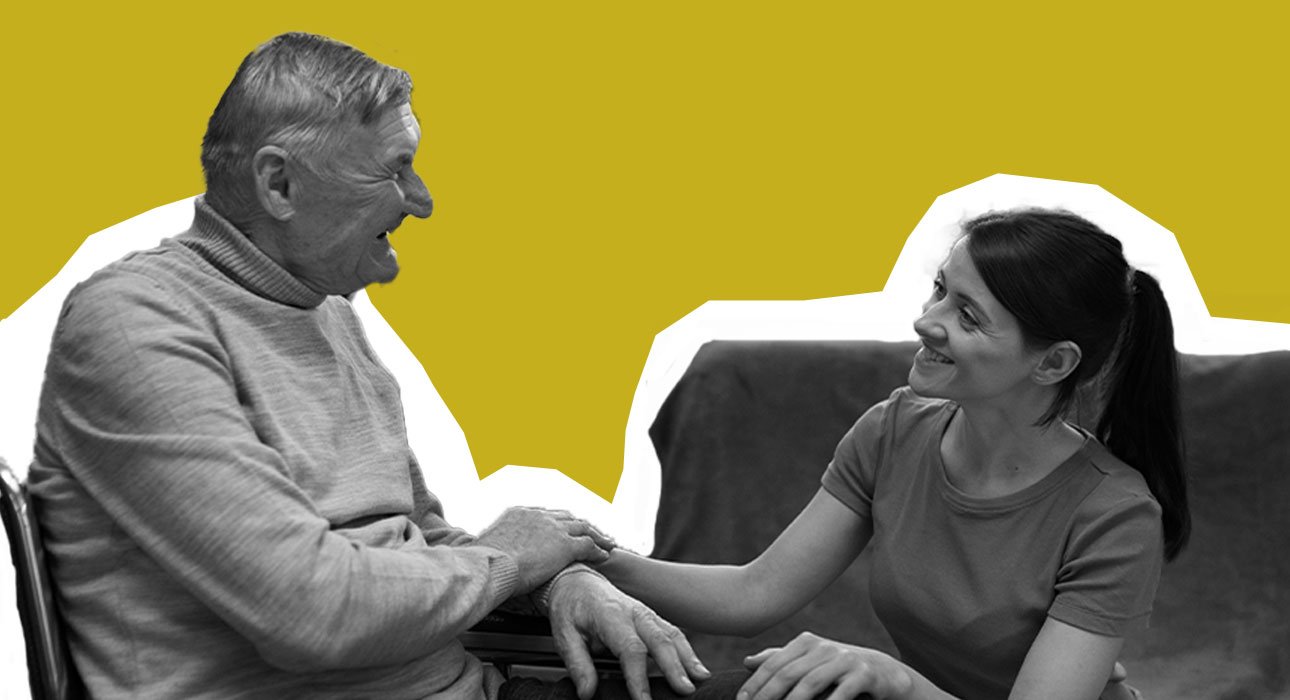Mitchell is an 80-year-old male resident of a nursing home who is well-mannered and friendly with the nursing home staff. Lately, though, he has begun to say and do things out of character. While delivering care to him, he touched his female caregiver’s breast. Thinking it was an accident, she continued care. The next several times she worked with him, he started making suggestive comments about her body and asking for sexual favours.
At one point, he began masturbating while looking at her. She reported this to her supervisor, who confronted Mitchell regarding his behaviour. He is embarrassed and denies it. Later, he is seen masturbating in a public area and continues as staff confront him. He can’t seem to stop or control his sexual urges. What is going on with him? He has worked up medically, including for a Urinary tract infection, but all tests come back normal.
His nurse then notices that a few weeks ago, he was started on a new medication for Restless Legs syndrome. The drug was Ropinirole, a dopamine receptor agonist. These drugs are associated with our reward system. Due to the unusual behaviours seen, the medication is not often thought of as a causal agent.
Once the medication was seen as a possible reason for Mitchell’s hypersexual behaviours, it was stopped. He was then put on a benzodiazepine, Klonopin, to aid his RLS. Shortly after his Ropinirole medication was stopped, his inappropriate statements and behaviour stopped. Dopamine is a neurotransmitter that acts on the brain that giving pleasure and motivation. Too much makes it harder to control our impulses and can lead to mental health disorders.
Read More: How is Sex Addiction Treated?
What are some of these disorders?
- Sexual disorders and symptoms: These can include excessive masturbation, inappropriate statements and gestures, engaging in prostitution, paraphilias and unsafe sexual practices. More common in men, but it can affect both genders and all sexual orientations.
- Gambling: Taking risky action in the hope of a desired result-usually betting money. Pramipexole was the first medication to be associated with gambling, and it was then seen in other dopamine antagonists. More common in men
- Punding: This is engaging in behaviours with no obvious goal or purpose. This can include handling and taking apart devices and then putting them back together, engaging in long monologues, excessive grooming, or hoarding and collecting objects. I recall a patient on our dementia unit who went around taking things apart, including chairs, clocks, and medical equipment. He would then put them back together. He could not explain his purpose -only that he felt compelled to do this.
- Compulsive shopping is an irresistible desire to buy things not needed and spend money, which can lead to financial ruin. More common in women.
- Overeating can lead to obesity and medical complications. More common to occur in women.
- Drug and alcohol addiction: Because these medications reinforce our reward centre and promote pleasure, they can lead to new substance addictions.
- Impulse control disorders and aggression.
Read More: The Impact of Porn on Adolescents: Exploring the Psychological and Emotional Effects
How to determine what the cause is and the solution?
The above symptoms can also be caused by other mental health disorders. For example, compulsive shopping and hypersexuality can be due to Bipolar disorder and punding due to types of dementia, and OCD (obsessive-compulsive disorder). These can be ruled out, but if the person has a diagnosis of Parkinson’s disease or some other illness as Restless legs syndrome, where dopamine agonists are used, then this should strongly be suspected as a cause.
Many of these can occur after an increase in medication. Because these medications are needed to treat serious illnesses, it can be difficult to stop them. Sometimes lowering the dose will help, or changing to another medication class or drug will aid these symptoms..Few cases of pathological gambling have been seen with Levodopa treatment alone.
(3) In summary, dopamine agonist medication, while effective in aiding the treatment of Parkinson’s disease and other disorders, can lead to symptoms that can impact other areas of a patient’s life, such as drug addiction, legal and financial, medical and psychiatric issues. We must make patients and their families aware of these overlooked consequences of these medications when started or increased.
FAQS
Q1. How do dopamine agonists cause impulsive and addictive behaviour?
By increasing dopamine and activating the pleasure centre of our brain
Q2. What are some of the disorders and symptoms related to dopamine agonists?
Sexual disorders and hypersexuality, Pathological gambling, Punding, and Addiction. Overeating, compulsive shopping, eating and hoarding, Impulse control disorders and aggression
Q3. What are some names of dopamine agonist medications?
- A: Bromocriptine (Cycloset®, Parlodel®).
- Amantadine(Gocovri®, Osmolex®).
- Apomorphine(Apokyn®, Kynmobi®). Fenoldopam(Corlopam®).
- Pramipexole(Mirapex®).
- Rotigotine (Neupro®) (not an exhaustive list)
- Ropinirole. The name brand of this drug (Requip) is no longer available in the U.S. But generic versions remain in use.
References +
LaFerney, M. RN-Journal. Punding -What is it? Taken for the WWW on March 30. 2025 at: https://rn-journal.com/journal-of-nursing/punding-what-is-it
Christine A Cooper 1, Armon Jadidian 1, Michelle Paggi 1, Janet Romrell 1, Michael S Okun 1, Ramon L Rodriguez 1, Hubert H Fernandez 1 , National Library of Medicine. Prevalence of hypersexual behaviour in Parkinson’s disease patients: Not restricted to males and dopamine agonist use taken for the WWW on 30 March 2025 at:https://pmc.ncbi.nlm.nih.gov/articles/PMC2840579/
Snow, B., Medsafe, Impulsive Behaviors with Dopamine Agonists Taken for the WWW on 30 March 2025 at:https://medsafe.govt.nz/profs/PUArticles/Dopamine.htm#:~:text=Other%20compulsions%20can%20include%20compulsive,rewarded%20by%20these%20excessive%20behaviours.
Cleveland Clinic, Dopamine Agonists, Taken for The WWW on 30 March 2025 at:https://my.clevelandclinic.org/health/treatments/24958-dopamine-agonists
